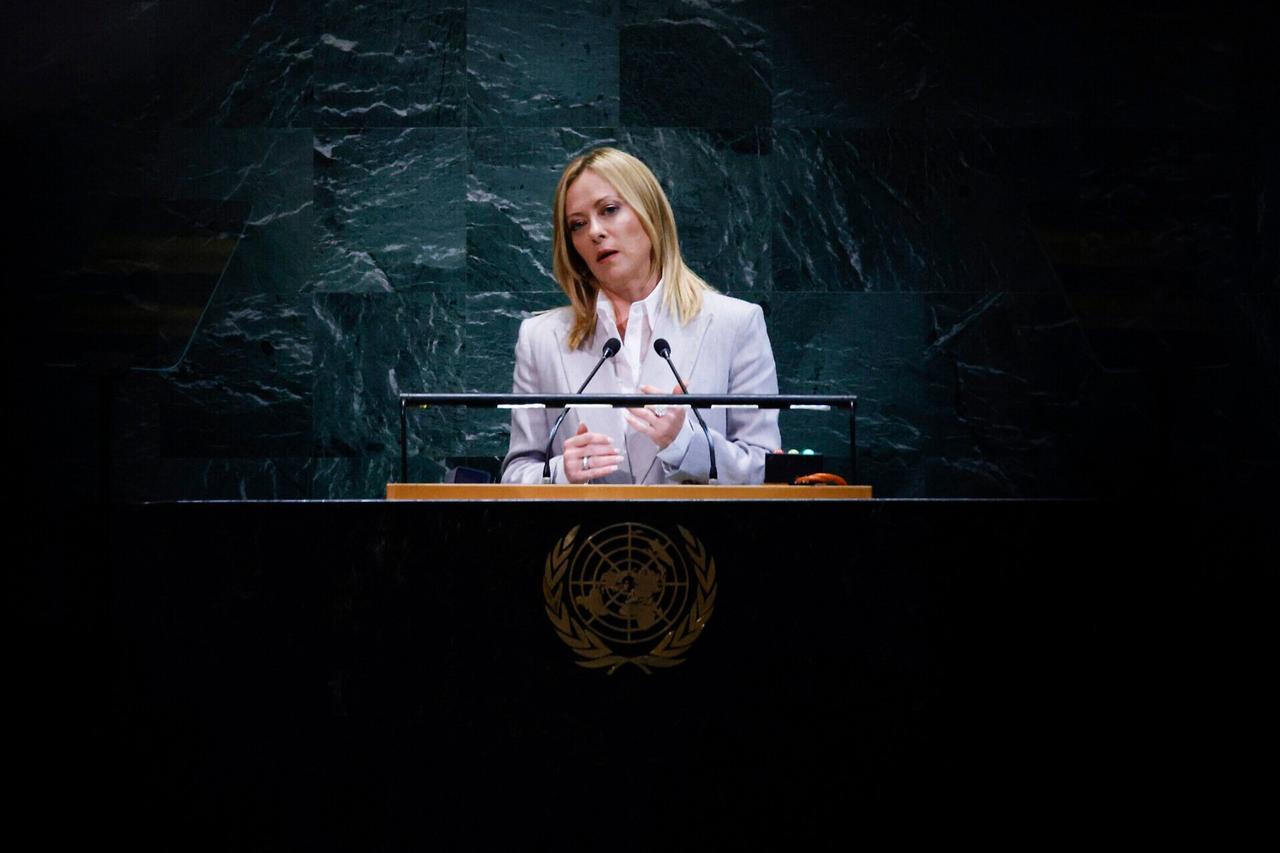
Italian Prime Minister Giorgia Meloni on Tuesday urged the international aid flotilla bound for Gaza to immediately suspend its mission.
She argued that pressing ahead risked a direct clash with Israel, which she claimed could upset the “fragile balance” and derail the path toward peace under the plan proposed by former U.S. President Donald Trump.
But the facts on the ground tell a different story.
Since the latest push for a truce, Israel has continued air and ground strikes across Gaza.
At least 59 Palestinians have been reported killed since dawn alone.
In this context, Meloni’s assertion that unarmed boats carrying humanitarian supplies could jeopardize peace talks contrasts sharply with the ongoing reality of civilian casualties.
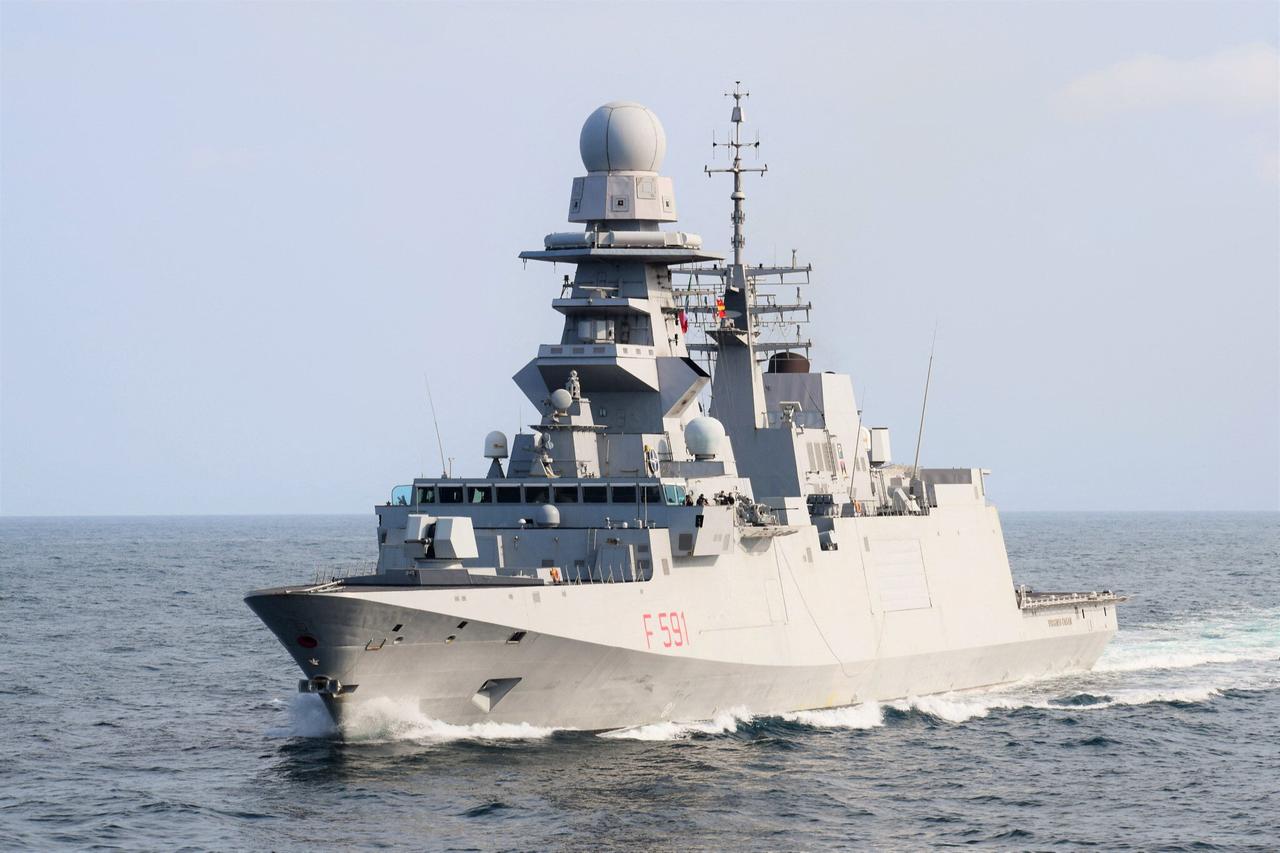
Italy’s involvement in the flotilla has been complicated from the start. Rome initially deployed a naval vessel to shadow the convoy, presenting it as a humanitarian and protective measure rather than a military escort.
The move was largely a response to mounting domestic pressure: mass protests across Italian cities called on the government to show solidarity with Gaza and act against the blockade.
Yet within days, the government reversed course.
Officials announced that Italy’s vessel would withdraw once the flotilla neared 150 nautical miles from Gaza’s coast.
Meloni’s office has since framed the decision as a bid to prevent escalation and preserve diplomatic space, but activists view it as a retreat under pressure from Israel and its allies.
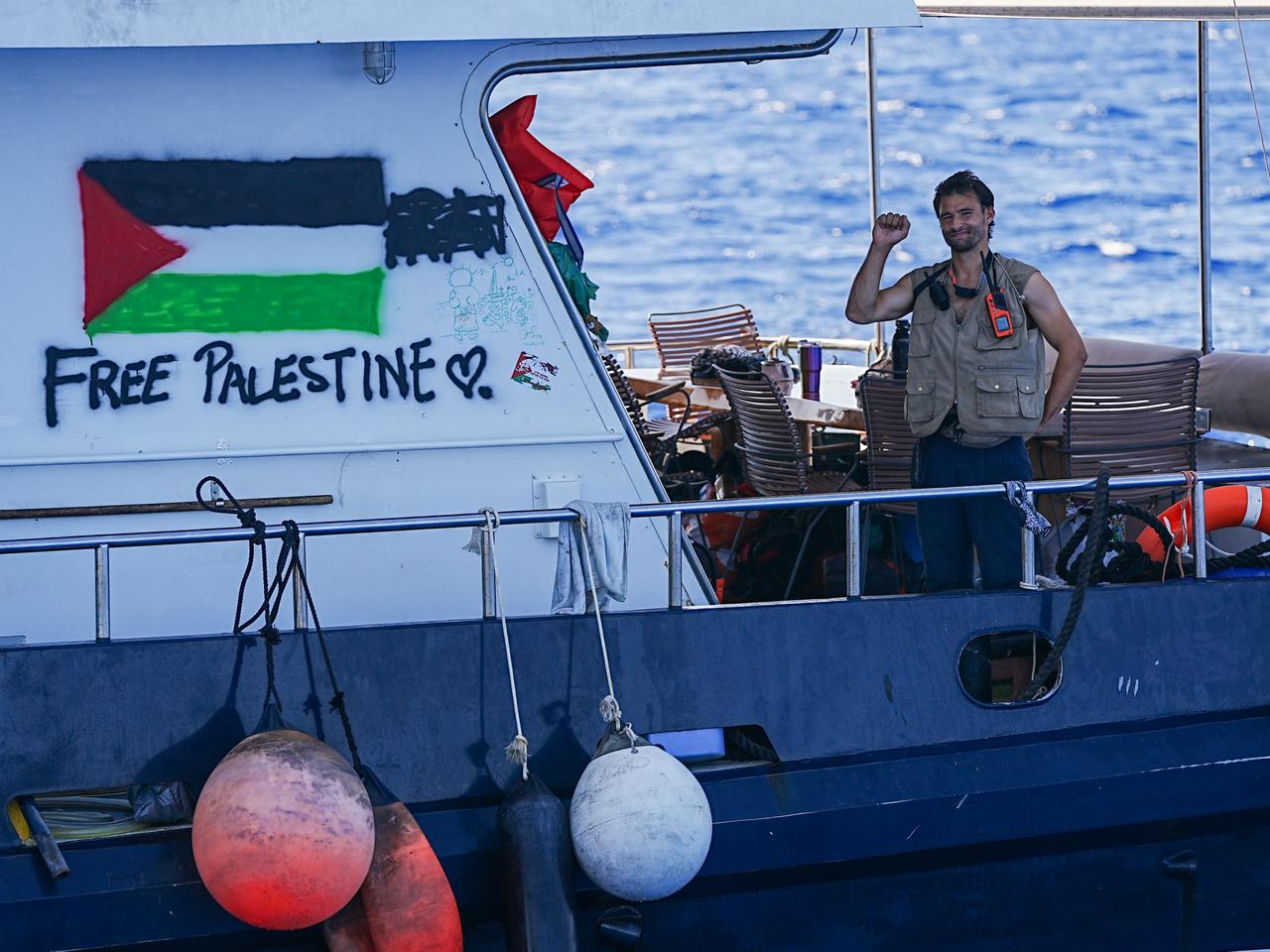
The Global Sumud Flotilla remains at sea and is steadily approaching Gaza’s maritime exclusion zone.
According to organizers and tracking reports, the convoy is around 150–160 nautical miles from the coast—an area historically fraught with interceptions by Israeli naval forces.
Activists report that several boats are already within what they call a “high-risk” zone, citing sightings of military or unlit vessels maneuvering nearby.
Reuters and other outlets have noted that European ships continue to shadow the flotilla but stress they will not intervene militarily as the boats press toward waters Israel claims are restricted.
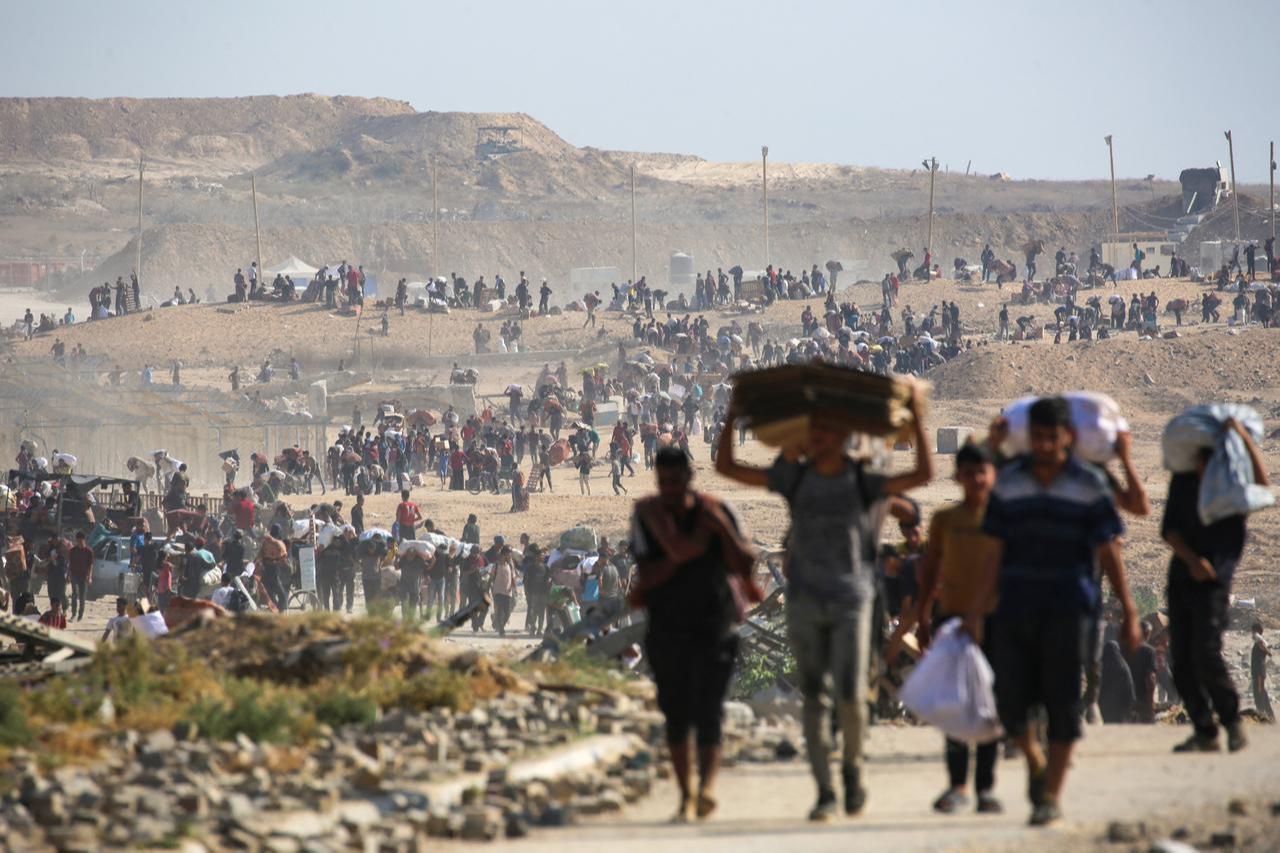
Humanitarian groups repeatedly warn that every day without access makes the crisis worse.
For Gazans, delay is not an abstract diplomatic cost but a direct threat to survival.
This urgency is why flotilla organizers argue that symbolic gestures or promises of future aid deliveries are not enough—supplies must reach Gaza now.
As of Sept. 19, the known number of people who have starved to death, according to the Palestinian Ministry of Health in Gaza, reached at least 440 people, including 147 children.
For people inside Gaza, the question is not whether aid should arrive tomorrow or next week—it is about surviving today.
After months of bombardment and blockade, basic necessities are running out.
Hospitals are operating without adequate medicine, with doctors forced to treat patients using expired supplies or makeshift equipment. Many medical centers have shut down entirely due to a lack of fuel for generators.
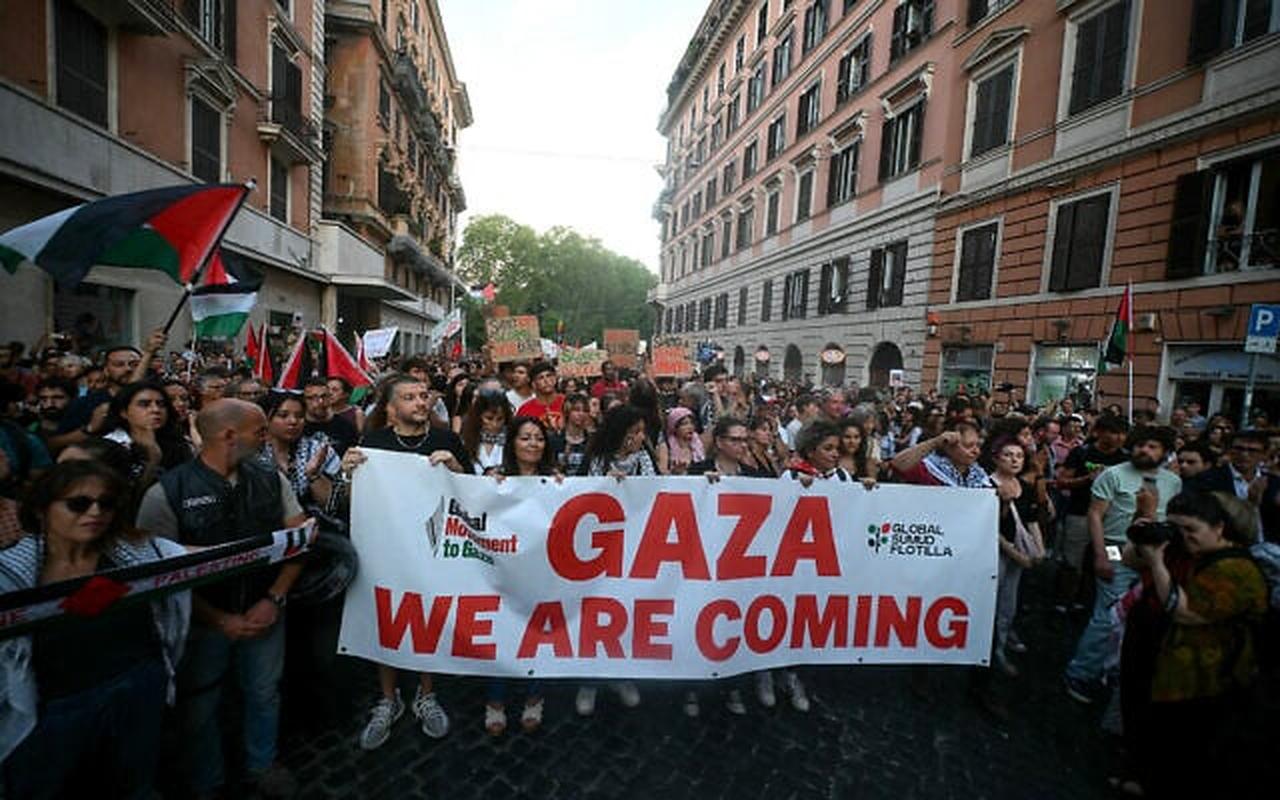
Italy has emerged as one of Europe’s most vocal centers of pro-Palestinian solidarity, with a 24-hour general strike on Sept. 22 shutting down transport and logistics under the slogan “We will block everything.”
Participation cut across union lines, as workers joined regardless of affiliation, underscoring a sense of urgency that outweighed bureaucratic divides.
Public opinion surveys show overwhelming support for recognizing a Palestinian state—nearly 88% nationwide, including almost all left-wing voters and three-quarters of government coalition supporters.
This sentiment has spilled into the streets, where tens of thousands have marched, universities have suspended ties with Israeli institutions, and dockworkers have blocked Israel-bound cargoes.
The result is a wave of civil action that has forced Gaza to the forefront of Italy’s political conversation and put mounting pressure on Prime Minister Giorgia Meloni’s government.
The general strike will repeat itself on October 4.
The contrast between Meloni’s warnings and Israel’s ongoing strikes underscores a broader question: what actually threatens the peace process?
For critics, suggesting that a civilian-led, nonviolent flotilla could derail negotiations while ignoring the daily toll of bombings in Gaza exposes a glaring imbalance in international discourse.
For activists, the flotilla is not about undermining talks but about keeping Gaza’s humanitarian crisis in the global spotlight.
They argue that silence from governments has forced ordinary citizens to take direct action—and that delivering aid through the blockade is both a symbolic and tangible act of resistance.
Ultimately, the coming days will test how far Israel is willing to go to enforce its blockade, how Europe balances domestic pressure with diplomatic caution, and whether the deaths on the ground or the presence of unarmed aid ships truly matter more in shaping the fate of any future truce.